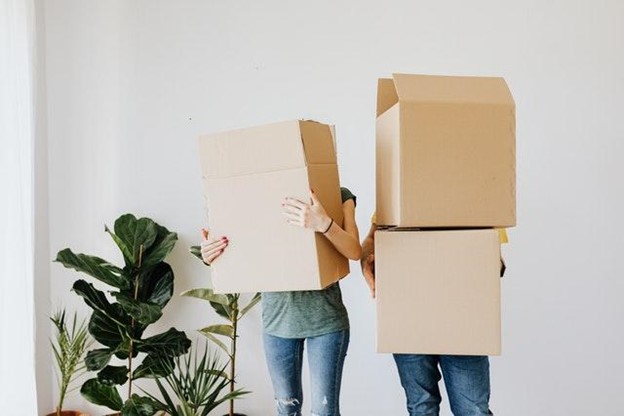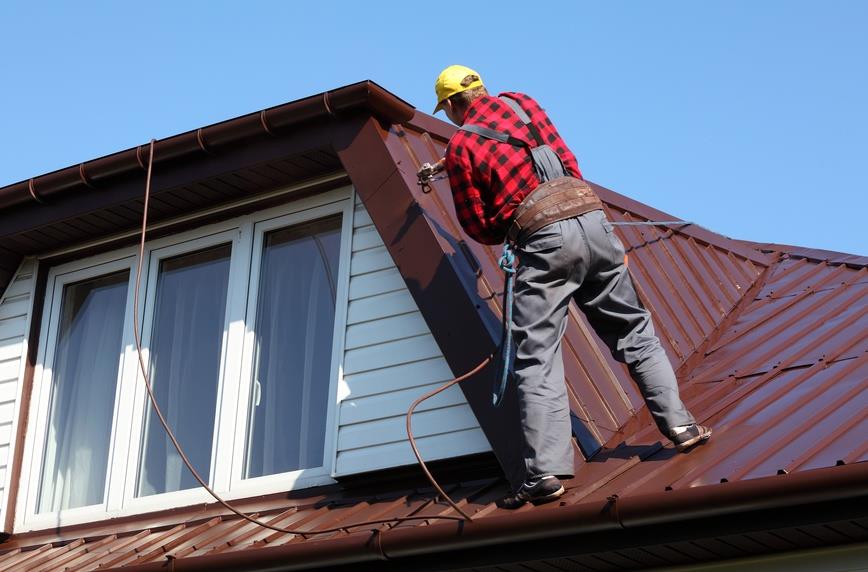Moving and starting a business are similar endeavors. Both require a ton of business savvy, negotiation skills, time, and mental energy. They also both symbolize starting a new chapter in life. However, sometimes those chapters can happen simultaneously.
In these socially-distant times, in fact, they’re more likely to happen at the same time than ever before. If you decide to start an at-home business during the pandemic — some people refer to these individuals as COVIDpreneurs — you might quickly realize your current home doesn’t have the room you need to thrive. Moving only makes sense, but it’s a big undertaking to enter into when you’re already spread thin.
Fortunately, Billy.com is here to give you the tips you need to manage this transition with aplomb. Here is some advice for juggling buying and moving into a home while getting a business off the ground:
Build Your Business Foundation First
Before you start searching for a home, give your business a little bit of time to have a strong foundation. Knocking out some of the basic work and getting your company rolling is a smart move before investing in a new home. After all, it’s always possible you’ll get started and realize you don’t actually like running your own business. If that’s the case, you’ll be glad you didn’t already buy a home for the sake of your business venture.
As you begin your journey as a COVID-preneur, focus on foundational business moves, such as creating a mission statement, building a website, and registering as an LLC. The latter is especially important if you’re doing anything that might leave you at risk of litigation. The LLC designation puts a legal barrier between your professional and personal assets, so in the event of a lawsuit, your personal savings and holdings won’t be at risk. Each state has its own LLC guidelines, so make sure to review your state’s requirements beforehand. If this seems a bit too overwhelming, COVID-preneurs can utilize formation services to smooth out the process.
Research Your Market
Another basic step you can take early on in this process is to start researching your local housing market. Keeping an eye on listings or talking to a local real estate agent can help you to get a better understanding of what’s normal in your area. For example, some markets might offer a lot of new construction. Often, these areas have some level of tax abatement to encourage homeowners to invest in new properties.
On the other end of the spectrum, you might find some neighborhoods offer a lot of properties for sale “as-is.” This designation means the seller won’t make any changes to the property, and you’re agreeing to buy it in its current state. This can be an opportunity to find a great deal — these sellers are often very motivated — but it can also land you with a house with a lot of issues. Hire a good inspector and watch out for red flags before investing in this sort of home. And when you decide to want to make some renovations to your home, don’t forget to search for trusted professionals in your area via Billy.com.
Pack Smart
Once you’ve found the right property and you have a move-in date, it’s time to start packing. Many people make the mistake of waiting until the last minute to pack up their things, but as a business owner, you need to make sure you’re making good use of your time. Begin packing a month before you’re ready to move, and go from least-used to most-used items.
For example, you should always start by packing up decorative items and wall art since these don’t serve a specific function apart from aesthetics. Next, you can pack up out-of-season clothes, spare bedding, and overflow linens. It’s also wise to pack up basement and garage storage early since it can be a bit of a bear, especially if you haven’t gone through it in a while.
Save your in-season clothes, kitchen, and bathrooms for last. In fact, you should set aside a suitcase with a few changes of clothes, and pack a clearly marked box with your bare minimum bathroom and kitchen goods. Although you can always eat off paper plates when you move in, it’s nicer to be able to use a real bowl that first night in your new home.
We hope these tips help you manage a move while your business is still in its early days. We understand how tough it can be to juggle these things simultaneously. Build a strong business foundation, make sure you understand your market, and make good use of the time you have before moving day, and you’ll make the process far easier!
If you need to hire contractors to help remodel your home to make it better suited to your home business, stop by Billy.com. Our search engine can connect you with trusted professionals in your area who can help make these ideas a reality.
Photo Credit: Pexels
Are You a Professional?
Requests for your services are coming in left and right. Let’s connect and grow your business, together.
-
More like this






